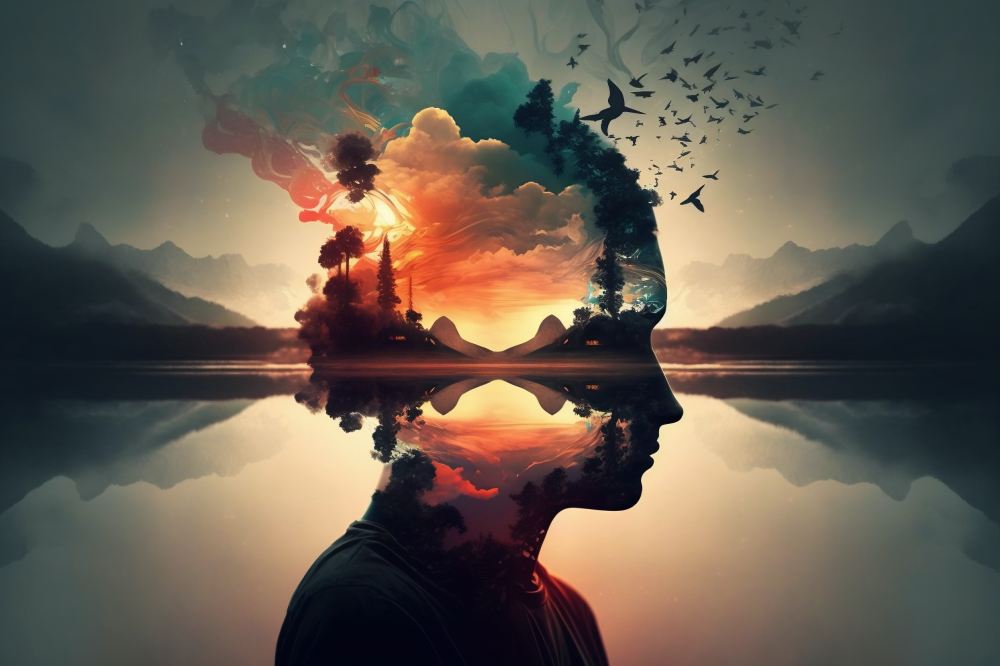Consciousness is a state in which a person is aware of themselves and their surroundings. Consciousness is a complex phenomenon that refers to the ability to perceive, engage in conscious thought, and have subjective experiences. This ability enables an individual to be aware of themselves, their surroundings, their thoughts, and emotions. Consciousness is a crucial aspect of human cognition and personality.
Key characteristics of consciousness include:
- Perception: Consciousness allows a person to perceive their surroundings through their senses (sight, hearing, touch, smell, taste). An individual can notice external stimuli and interpret them.
- Self-awareness: This is the ability for a person to be aware of themselves and their existence. A person recognizes their “self” and possesses a unique awareness of their thoughts, emotions, and body.
- Thinking and introspection: Consciousness enables thinking and introspection, meaning a person can reflect on their thoughts, feelings, and experiences. This ability allows people to analyze themselves and their decisions.
- Emotions: Individuals are conscious of their emotional states and reactions. Consciousness facilitates emotional experiences, the recognition, and understanding of one’s own and others’ emotions.
- Memory: Consciousness is connected to memory and the ability of a person to access previous experiences and information.
- Decision-making and free will: People use their consciousness to make decisions and exercise control over their behavior. Free will is associated with the choices an individual consciously makes.
Consciousness is a deeply complex and multidimensional concept, often the subject of interdisciplinary research in fields such as neuroscience, psychology, philosophy, and cognitive science. It encompasses various aspects of human experience and mental processes. Here are a few key aspects of consciousness:
- Self-awareness: This aspect of consciousness relates to an individual’s ability to recognize their existence and identify themselves as “I.” Self-awareness allows a person to think about themselves, their personal characteristics, and experiences.
- Perception: Consciousness enables the perception of the environment and external stimuli through the senses. People use their sensory information to create a picture of the world around them.
- Thinking and introspection: Consciousness allows people to think, plan, make decisions, and analyze their thoughts. Introspection involves the process of thinking about one’s own thoughts and emotions.
- Emotions: Consciousness enables the recognition, understanding, and expression of emotions. Emotional awareness allows people to be aware of their emotional states.
- Memory: Consciousness is associated with the ability to remember and access previous experiences and information. Individuals recall events and experiences.
- Free will and decision-making: People use their consciousness to make decisions and exercise control over their actions. Free will pertains to the ability to make conscious choices and act on them.
- Quality of consciousness: Consciousness can vary in its depth and intensity. For example, there can be waking consciousness when fully alert, daydreaming with slightly reduced consciousness, or deep meditative consciousness.
- Altered states of consciousness: Changes in consciousness can occur due to various factors, including fatigue, stress, illness, substances such as drugs or alcohol. Such changes can affect how a person experiences the world and themselves.
Consciousness is essential for understanding human nature and cognitive processes, but its nature and functioning remain a challenge for scientists and philosophers. Various theories and approaches seek to explain how consciousness develops, how it is related to the brain, and how it influences our daily behavior.”



0 Comments